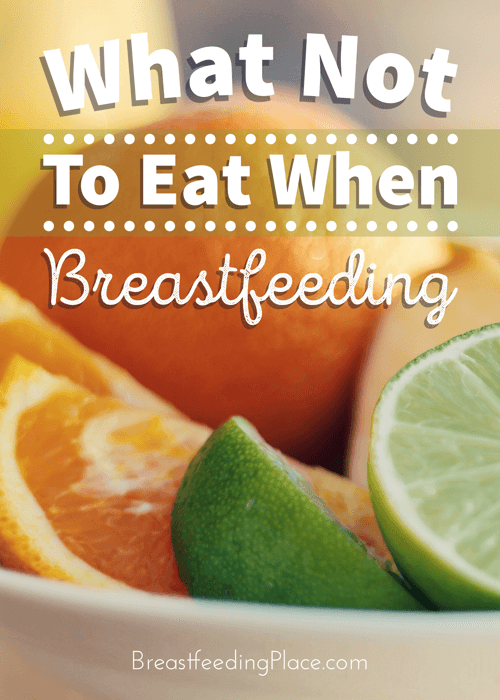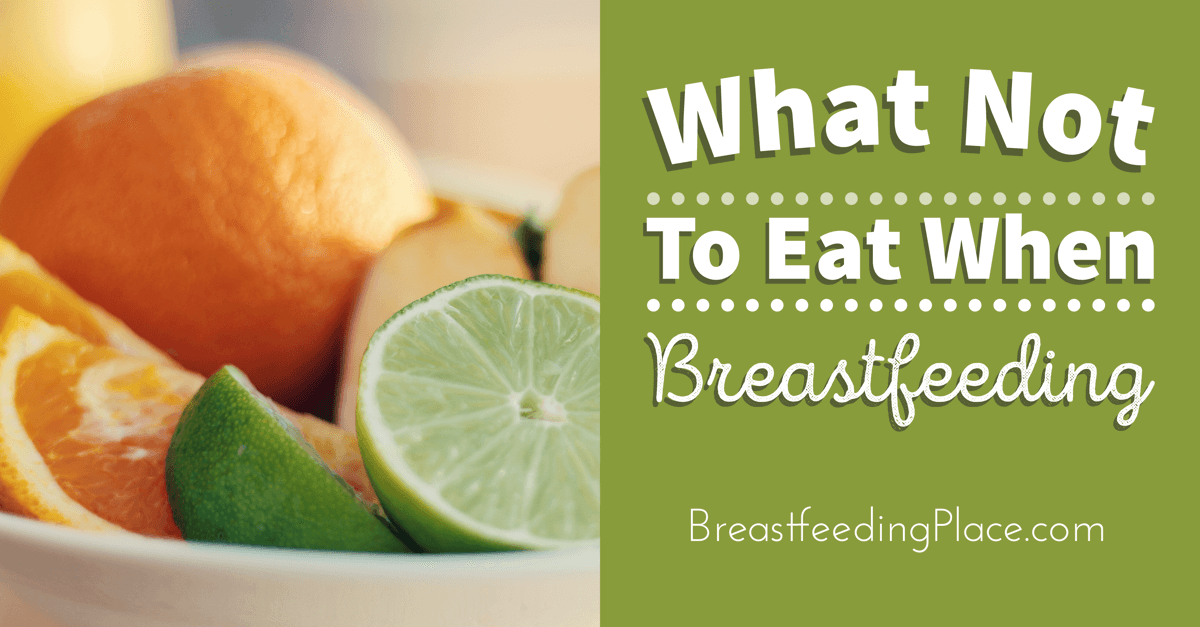Worried that your child has put on some extra pounds? Simple healthy habits can change all that. Here’s what you do when your child gains too much weight.

My husband came back from our son’s doctor appointment with disheartening news. Our toddler had gained weight and was on the borderline of being overweight. “How can this be?” I wondered. We cook healthy meals at home, don’t eat junk food, and he doesn’t watch TV. The statistics weren’t adding up.
“Seventy-five percent of the time, this can be genetic,” his pediatrician explained. Because while my husband and I are pretty slender, we also easily gain weight when we don’t watch what we eat.
Still, I had to dig deep and see how my toddler had jumped from 73% BMI to 85% in six months. I came up with a few not-so-surprising reasons why he gained weight—and what we plan to do about it.
Common reasons kids gain weight
Being pregnant with twins means I’ve been a sloth these days. I don’t get a chance to run around and play with my preschooler all that much. Kids his age shouldn’t remain inactive for longer than an hour at a time.
We’ve been baking
I’ve gotten less strict with what my son could eat, and this included sweets and treats. This month, we had been baking every week. Since it’s October, I baked pumpkin treats like cookies, pumpkin bread and cheesecake. I imagine this hasn’t helped with containing his weight.
I’ve been trying to gain weight
Since I’m carrying twins, I’m trying to gain a massive amount of weight. I gained a measly two pounds my first trimester (thanks, morning sickness). I now have to play catch up and have been cooking high-calorie, rich food for our meals.
Breakfast isn’t only oatmeal, but oatmeal with toast, orange juice and a fruit. And I’m snacking throughout the day. All this eating means my son has been eating my high-calorie, extravagant meals as well.
Strategies for when your child gains too much weight:
Now that we know what we have up against us, my husband and I plan to make smart choices, including:
Watch portion sizes
My son can be a bottomless pit and hardly turns food down. So it’s easy for me to offer him the same portions an adult would eat. We’re more mindful that he shouldn’t fill his plate with the same amount of food that’s on mine. Now I give him about half of what I would eat.
Encourage self-regulating
One of the best ways to promote his sense of fullness is to allow him the opportunity to feed himself. We let him eat at his own pace and use his own utensils.
Only offer food when he’s actually hungry
I don’t offer him food when he’s not even asking for any. I’ve even had to tell other people to stop offering him food because he’s isn’t going to turn food down. This may seem delightful to others who like sharing food with him, but bad for his weight. I’ll have to be a hawk over what he eats and make sure others get the A-ok from me first before offering him food.
Serve healthier choices
We’ll lessen our baking activities to special occasions—no more once a week baking. And no more pregnancy diets with elaborate meals and rich, high-calorie foods. If I need to snack, his pediatrician recommended I do so in private so he doesn’t succumb to social eating.
Be more active
I’ll do my best to play ball or at least encourage him to be active, even if I have to be slow or immobile. And my husband will do more active play, leaving the slower-paced activities for me.
Most importantly, don’t make an issue out of it
I’m not one to ignore a doctor’s diagnosis. But I also realize the negative effects of parental stress on kids. If we stress about his weight too much, he’ll feel like he did something wrong or shameful. Or he’ll develop poor self-esteem because we focus so much his eating.
Instead, we’ll be smart about it: do what needs to be done, and enjoy our son. We don’t want to make an issue out of it that he has a negative view of eating. We don’t mention food, weight, or portion control to him or in front of him.
Any discussions I’ve had with my husband or other people were done in private. And should anyone discuss this topic in front of him, I’m quick to cut the conversation. This is our issue to worry about, not his, and we have to make better choices on his behalf.
Considering that the diagnosis was more of an FYI than a dire warning, I don’t want to blow it out of proportion. He’s still on the borderline of being overweight, and we found reasons to his recent weight gain.
I’m confident he’ll continue to be healthy now that we can see where we slacked off and how we can improve.
Get more tips:
Have your kids gained weight? What were some of the reasons that led to their weight gain? What actions helped rein it in?

Do you feel overwhelmed balancing the needs of your family and your role as a mom? Struggling to find the time to get everything done? Get organized with a FREE copy of my ebook, Time Management Strategies for the Overwhelmed Mom!
Original article and pictures take sleepingshouldbeeasy.com site
















